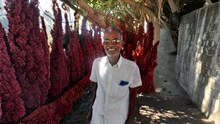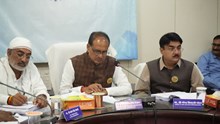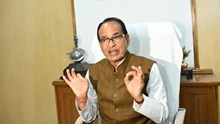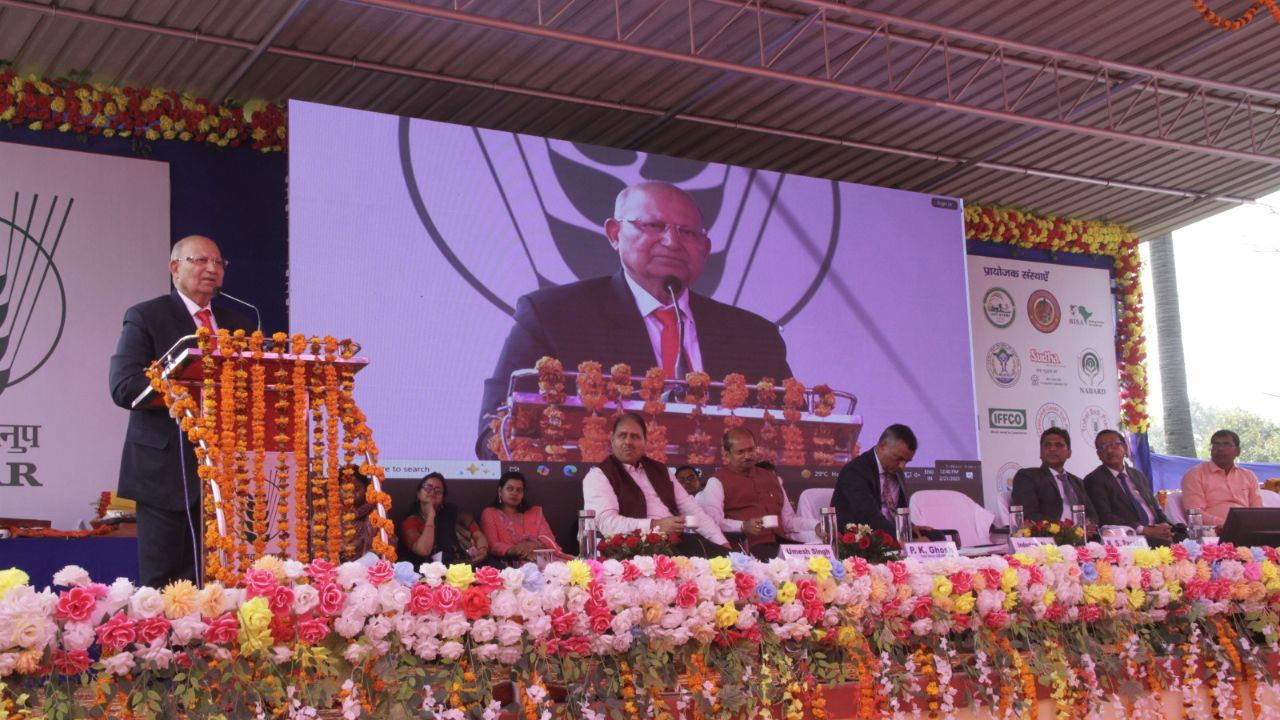
ICAR-Research Complex for Eastern Region (ICAR-RCER), Patna, continued its silver jubilee celebrations with the inauguration of the National Seminar on Progressive Agriculture – Vikshit Bharat: Preparedness for Eastern India (PAVER 2025) on the second day of the three-day event. The program started by welcoming the guest by Dr. Anup Das, Director ICAR RCER followed by lamp lighting. The inaugural session was graced by Padma Bhushan Dr. R.S. Paroda, Chairman of the Trust for Advancement of Agricultural Sciences (TAAS) and former Secretary of DARE and Director General, ICAR.
The event witnessed the presence of esteemed dignitaries Dr N Saravana Kumar, Secretary Food and Consumer Protection, Bihar; Dr. Inderjeet Singh, VC Bihar Animal Sciences University, Bihar; Dr. PK Ghosh, Former Director NIBSM, Raipur; Dr. A Pattanayak, Former Director, IIAB Ranchi; Dr Umesh Singh, Dean, The Sanjay Gandhi Institute of Dairy Technology, Bihar as Guest of honor(s).
Dr. R.S. Paroda, the chief guest, congratulated the Director and staff of the institute, stating that the seed planted 25 years ago has now grown into a fruitful tree, a sight that fills him with immense pride and happiness. He fondly recalled the laying of the foundation stone alongside Nitish Kumar, the then Union Agriculture Minister (now Chief Minister of Bihar), and reflected on the institute’s remarkable journey. Dr. Paroda emphasized the need to work in eco-specific regions using an interdisciplinary approach to drive the Second Green Revolution in India. He urged a paradigm shift from a crop/commodity-based research system to a holistic farming system approach, ensuring sustainability and resilience in agriculture.
Highlighting a critical challenge, keeping young people engaged in agriculture, Dr. Paroda stressed the importance of vocational training and skill development to attract and retain young in the sector. He expressed confidence in the leadership of the institute, affirming that with the right strategies, scaling up innovations would lead to impactful outcomes.
Looking ahead to the next 25 years, he envisioned a future focused on vertical intensification of crops, effective utilization of rice fallow lands, expansion of micro-irrigation, and improving the social development index. He encouraged Public-Private Partnership (PPP) models to foster innovation and create a more farmer-centric agricultural ecosystem. In the morning Dr RS Paroda inaugurated women-centric micro and nano homestead farming models.
Dr. Anup Das, Director of ICAR-RCER, expressed his heartfelt gratitude to the chief guest, Dr. R.S. Paroda. He emphasized that Dr. Paroda's presence itself was a moment of pride for the institute. Dr. Das further stated that through this seminar, it is essential to chart a clear vision and mission for the next 25 years, ensuring a roadmap for sustained agricultural progress.
Dr. Saravana Kumar emphasized that agriculture is the riskiest profession globally, and its challenges have been further intensified by the impacts of climate change. He stressed the need for strong collaboration between policymakers and scientists to develop sustainable solutions that can enhance agricultural resilience, ensure food security, and support farmers in adapting to the changing climate.
Dr. Umesh Singh emphasized that dairy is not just an industry but a transformative movement that plays a vital role in strengthening the rural economy, ensuring food security, and improving the livelihoods of millions of families. He highlighted the need to further integrate dairy into farming system models, promoting a more sustainable and resilient agricultural framework.
Dr. Ghosh stated that in the future, gene management, carbon management, and rainwater management will be essential pillars of sustainable agriculture. He emphasized that adopting a multi-disciplinary approach will be crucial in ensuring the long-term viability and resilience of agricultural systems.
Dr. Pattnayak highlighted that ICAR-RCER is proactively engaging in research programs focused on innovation, including the Micro-Integrated Farming System (Micro-IFS), the integration of conservation agriculture with organic and natural farming, and the use of AI-driven solutions to enhance agricultural sustainability and productivity.
Dr. Inderjeet Singh emphasized the importance of translating experiences and research outputs into field innovations. He stated that achieving this in the future will require a harmonious blend of knowledge and practical application on farmers' fields, facilitated through strong collaboration and on-ground implementation.
On this occasion, the dignitaries released the National Seminar Souvenir and four other significant publications: the book Package of Practices for Vegetable Crops in Eastern India and three bulletins titled Insights and Impacts of Climate Change on Agriculture Program – Evidence from Gaya and Buxar, Bihar, Carbon Credits: Opportunities, Challenges, and Policy Options, and Food Crops Infographic of the Eastern Region of India. They also released Swarna Purvi Dhan-4, a high-yielding, drought-tolerant aerobic rice variety developed for water-limited areas of the eastern region of India.
More than 350 participants, including faculty members, students, and scientists across the country participated in the event. The program concluded with a vote of thanks delivered by Dr. Dhiraj Kumar Singh, Organizing Secretary.
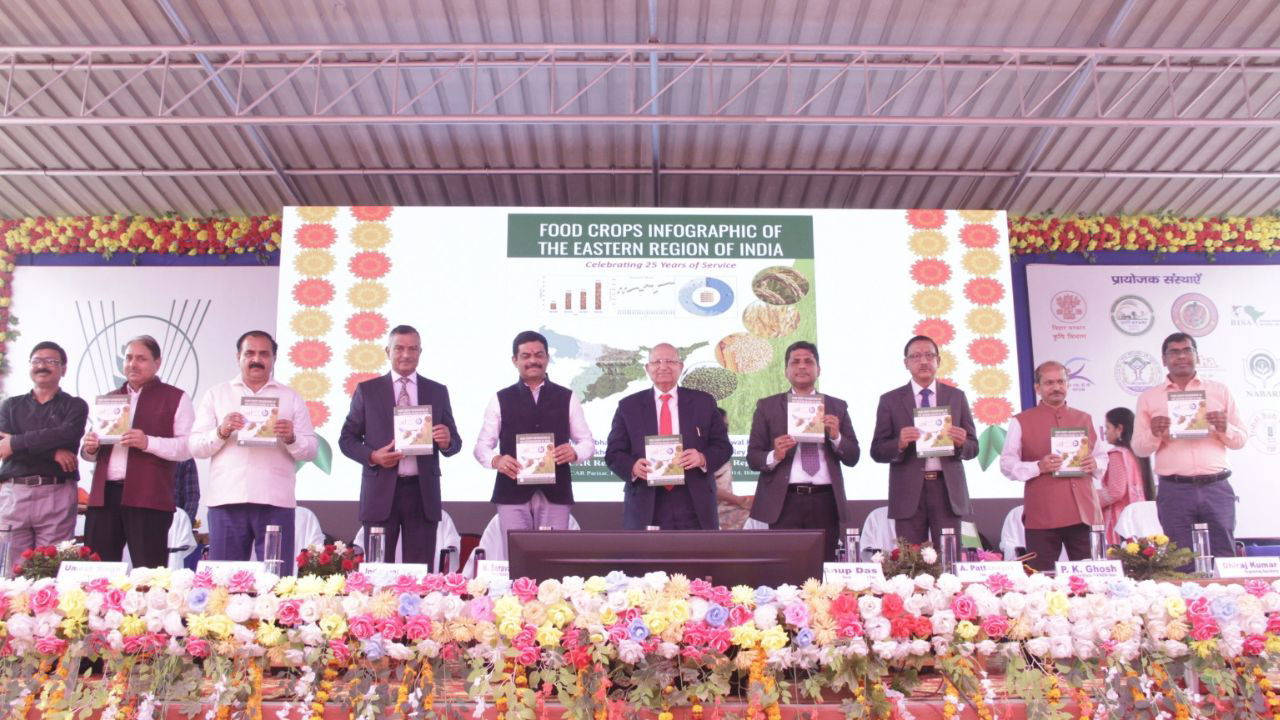
The Silver Jubilee celebrations will continue with a series of impactful events, including a Farmers’ Fair, National Seminar, Technology Exhibition, Farmers-Scientist Interaction, and a Tribal Cultural Program. These activities mark a significant milestone for ICAR-RCER and the agricultural community of Eastern India, fostering innovation, collaboration, and progress in the sector.






